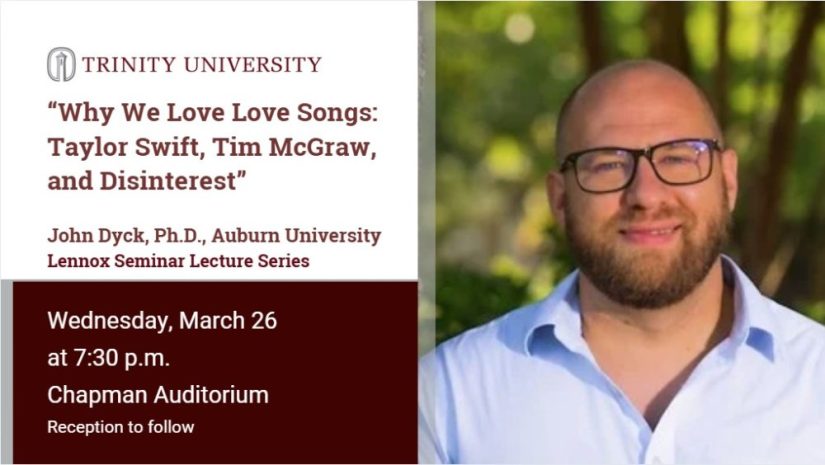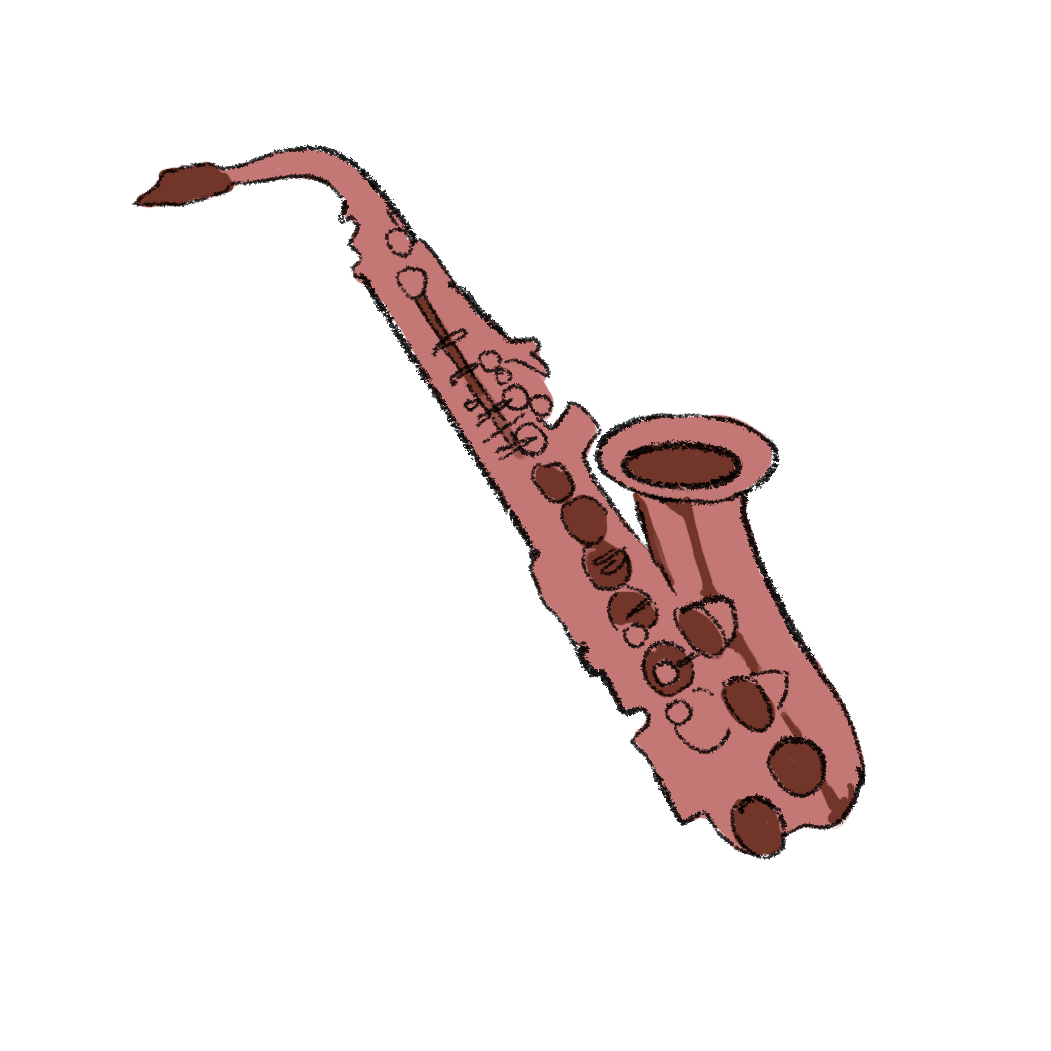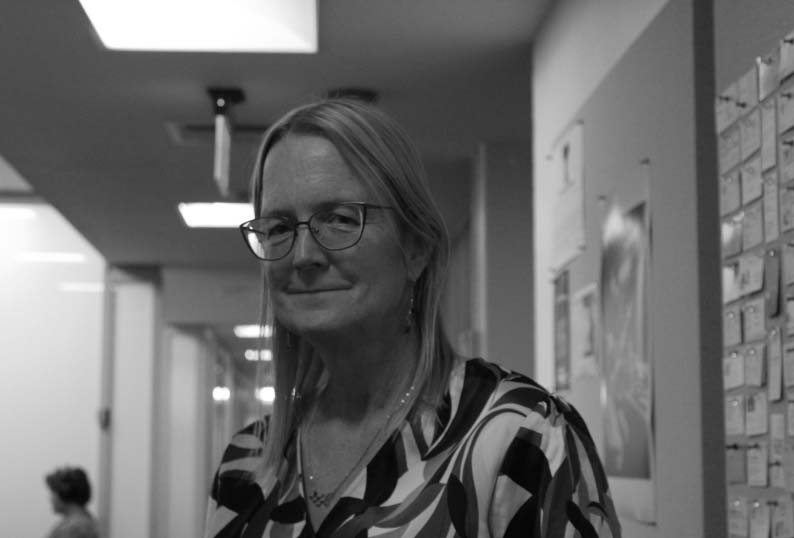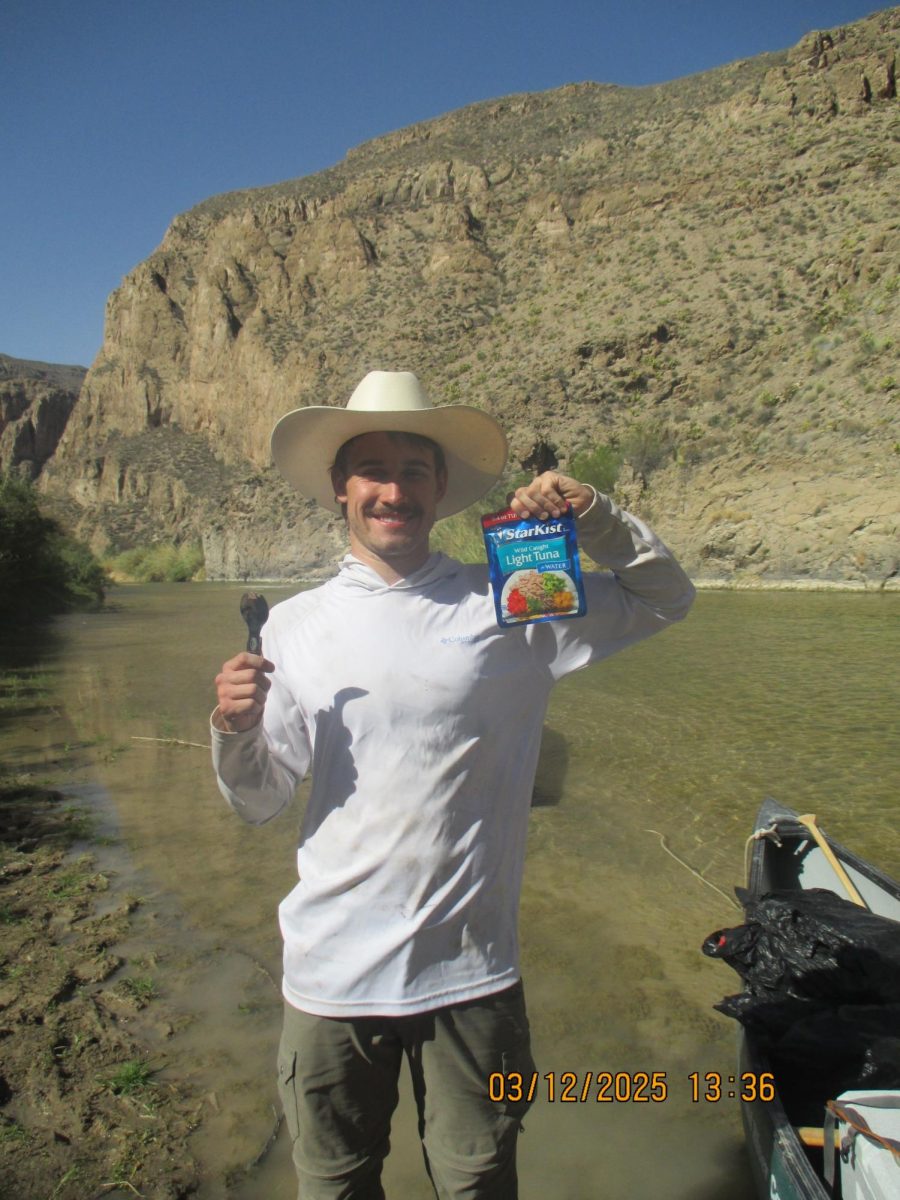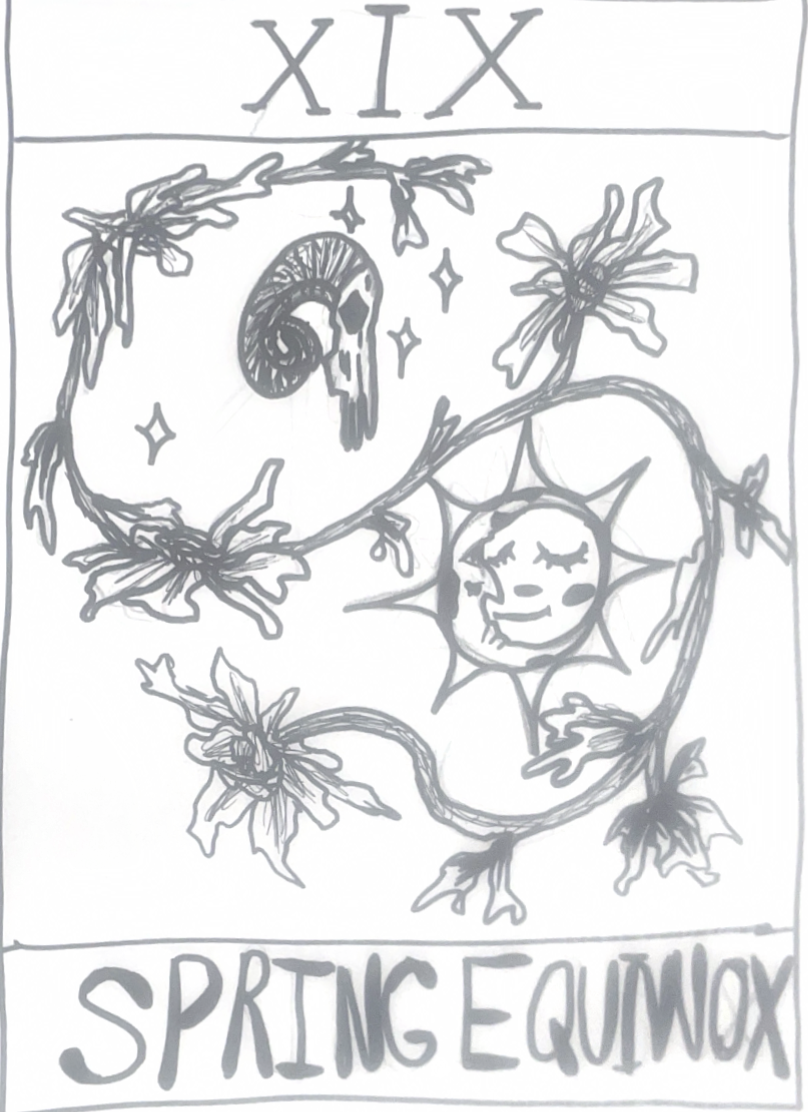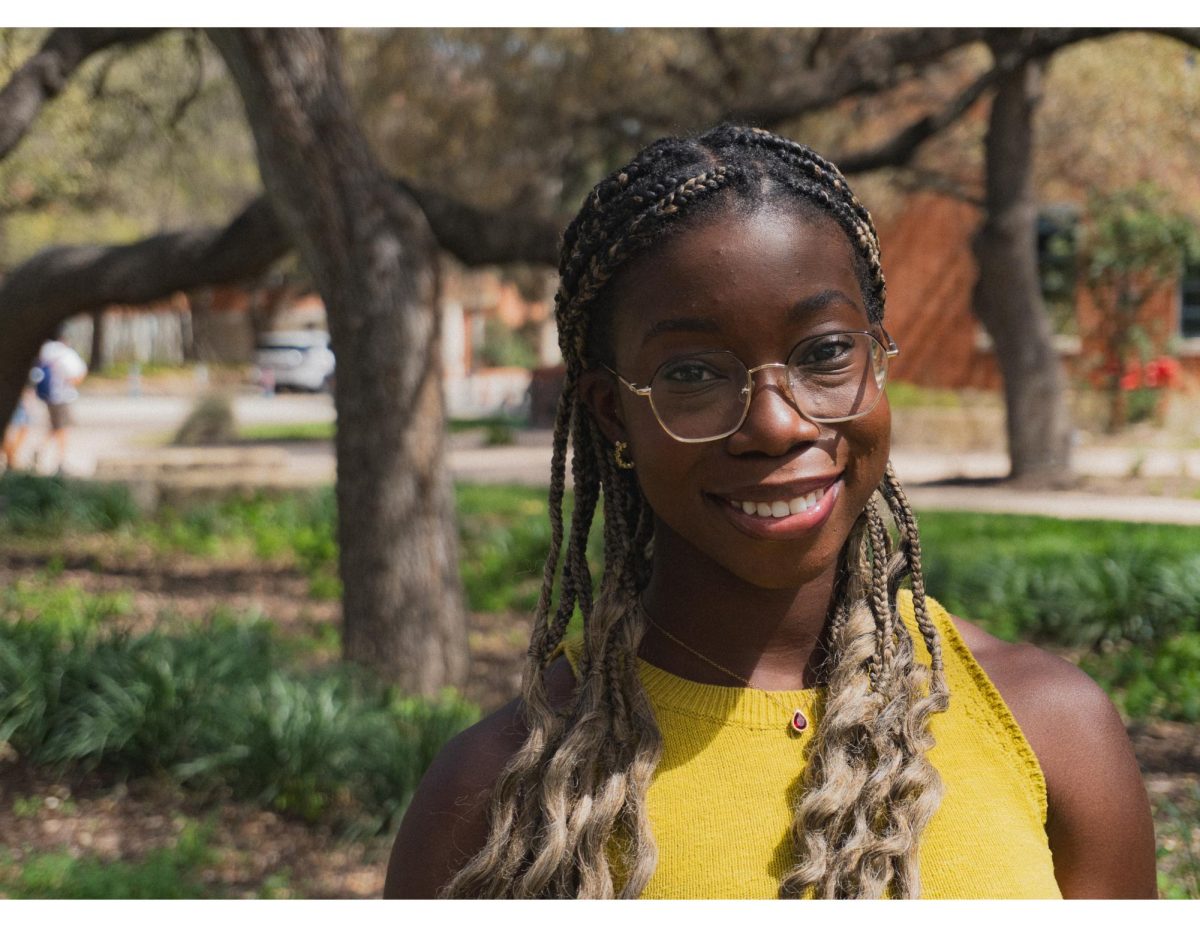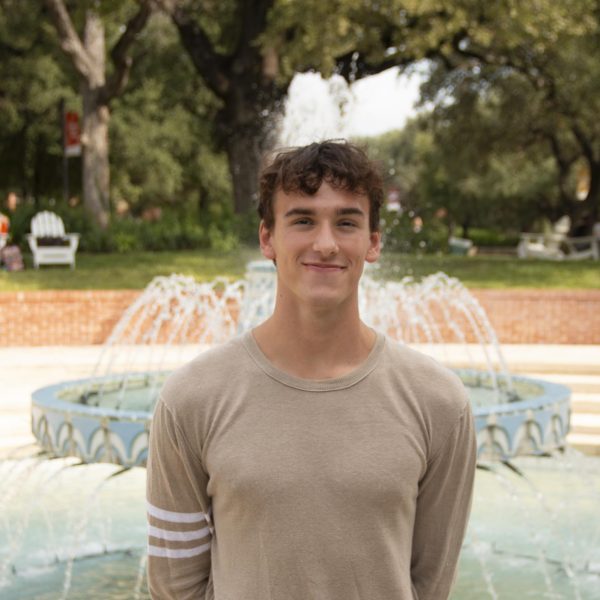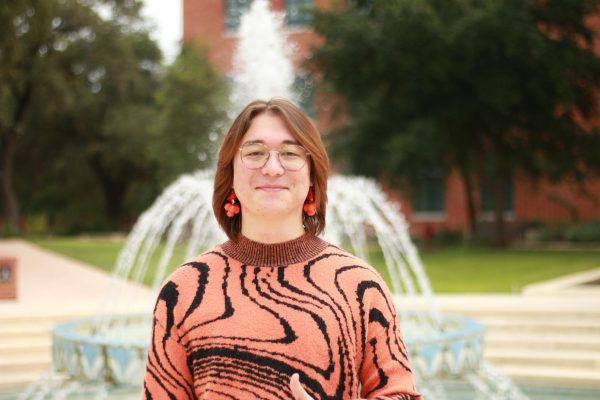Law school is a costly decision; it can drain you of time and money. However, Trinity students who pursue the pre-law path have opportunities to navigate their career aspirations and ultimately make a decision.
LadyStacie Rimes-Boyd, associate director of the pre-law program, explained that some students know they want to pursue a legal career “the moment they step on campus,” while others discover their path in their senior year.
Rimes-Boyd said students are looking for fulfilling work that makes a difference in areas that matter to them. She explained that the Center for Experiential Learning and Career Success (CELCS) encourages students to explore career options through informational interviews, internships and service learning. She believes the most important question for many students before going to or considering law school is why they want to pursue it.
“Research isn’t just done online, but it has to be done through relationships and networking and curiosity,” Rimes-Boyd said.
Rimes-Boyd said comparing and contrasting information about the legal field helps students determine their career path. According to her, this includes informational interviews with various attorneys, shadowing attorneys and talking to current law school students.
“If someone is interested in law, that doesn’t mean they should think narrowly about it,” Rimes-Boyd said. “Seeking the work firsthand is invaluable.”
Carley Broekhuizen, senior political science and history double-major, is a prospective law student who plans to attend law school promptly after graduation. Since the fifth grade, she has known she would become a lawyer.
Broekhuizen found internships through her Trinity network. For example, she found her first internship sophomore year through volleyball alumni. The internship entailed her working as a legal assistant for a firm in Michigan.
“I worked on state cases, retail, real estate and business cases doing filing. I witnessed signings of declarations, I drafted documents like prenuptial agreements [and] power of attorneys,” Broekhuizen said.
She appreciates her history major because it prepared her to read and write, but her political science major served a separate purpose. “I think political science is a really good [major] because you get the background of how the law works and functions in our society,” Broekhuizen said. She added that this major offered her classes on judicial process, constitutional law and civil rights and liberties.
“I was getting a little jaded about practicing law because it really seemed like the issues in society were a bit too complex and too big to be solved by individual people. I did not know how much of a difference I would be able to make,” Broekhuizen said.
Broekhuizen explained that if you attend a top law school and get a job in corporate law, you will make a lot of money, but you may not feel fulfilled. She wants to make a difference, so she worked with an attorney who specializes in divorces with domestic violence.
“I got to see her practice with a degree of empathy I have never seen from lawyers before. And I really saw how that compassion impacted her client because her client relied on her for emotional support,” Broekhuizen said.
Broekhuizen is nearing the end of the pre-law path at Trinity. Even if she is not solving systemic issues through the legal system, she has hope.
“I can still make individual impacts in people’s lives through practicing the law and using my talents for good,” Broekhuizen said.
Ahsen Kadi, first-year political science and international business double-major, is interested in pursuing the pre-law path. She selected Trinity because it offers pre-law resources that other schools don’t offer. Further, she explains that at Trinity, you “do not get lost in the system,” compared to pre-law programs at bigger universities.
Kadi explained that her family influenced her to pursue the pre-law path — her grandfather, Fazil Kadi, was the Chief Justice of the Turkish Supreme Court, known as the Court of Cassation.
Moreover, she stated that someone interested in the law should seek out internships by reaching out to local lawyers and getting letters of recommendation or simply referrals from professors. She added that pre-law students should prioritize networking for internships.
“Law schools look for people who stand out,” Kadi said. “At Trinity, that is available through all of the clubs that are provided and all the programs and lectures and the guest speakers that come.”


